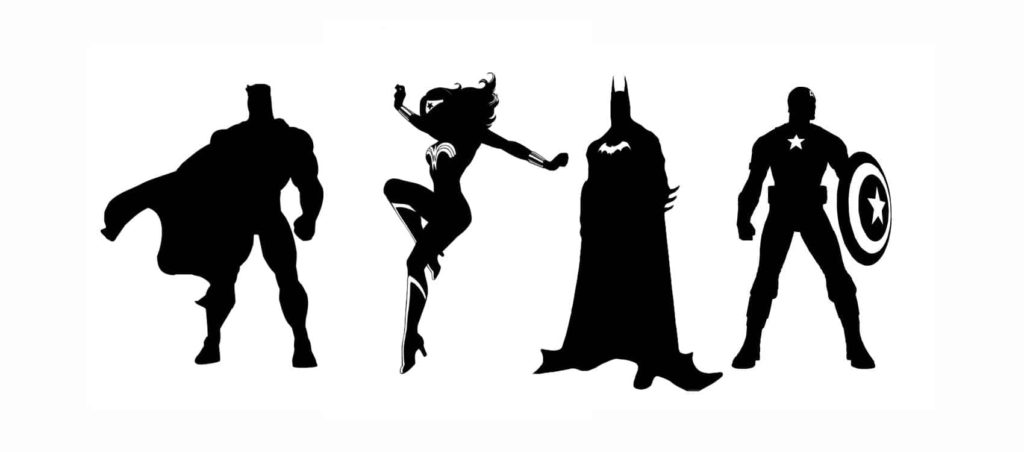 We all have heroes, want heroes. Someone to look up to, admire, follow, even model parts of our life after. Maybe you look high—the movie star, the athlete, the Forbes list magnate. Or maybe you are more of an “everyman” admiring the public servant, mom or dad, that person on the news. My favorite camp is the hip, niched hero. These typically belong to those cool people who have found someone in their line of work, or the line of work they aspire to. The hero no one else has ever heard of, but who is nonetheless, “really amazing.”
We all have heroes, want heroes. Someone to look up to, admire, follow, even model parts of our life after. Maybe you look high—the movie star, the athlete, the Forbes list magnate. Or maybe you are more of an “everyman” admiring the public servant, mom or dad, that person on the news. My favorite camp is the hip, niched hero. These typically belong to those cool people who have found someone in their line of work, or the line of work they aspire to. The hero no one else has ever heard of, but who is nonetheless, “really amazing.”You get the point.
Here’s the problem; most of our heroes disappoint. I loved Bill Cosby growing up. He was the quintessential dad in pretty much every way. On paper he was living it out in real life too. Dead wrong. Those poor women.
I consider everything that has come out of Hollywood in the last 6 months. The sex scandals. Disgusting.
All the domestic violence in professional sports. The steroids. Disappointing. Pastors, parents, civil servants, your little hero—no one is above it. Too often do those individuals fail to hold up under the pressure of time as we discover their hidden vices and indiscretions.
What’s worse is our heroes try and cover it up long as possible. We and other fans and followers try to justify, explain away faults and indiscretions. Maybe they eventually get past it, leaving us with a sense of relief, but a remnant of doubt. Consequently, some only go on to fall further and harder down the road.
The Bible is full of disappointing heroes. The “Fathers of the faith” all have marred track records. What’s interesting is that the Bible seems to make no effort to hide those failings; it presents them for all to see. Christians may tend to justify the actions of the Bible heroes, but the Bible itself does no such thing.
While the Bible does celebrate these men, it does so honestly. It’s not romanticized, it doesn’t make excuses, nor does it justify their actions. How can it do that, and we still consider them heroes?
Real heroes are real people and real people make mistakes. Real people do bad things. We should never minimize or mitigate wrongdoing, but we should also never rule out redemption. Just as we would never want to be remembered for our worst moments, we need to guard against remembering others for theirs. It should be part of their story, but it doesn’t have to define them. But that’s up to the individual. That’s what we see in the Bible—heroes marked by mistakes and wrongdoing, but by God’s grace they are not defined by them.
There is the heart of the distinction: grace. When Jesus came and died on the cross, he chose to take full responsibility for all of those crimes, injustices, and failings. The Bible says that this allowed God to be both Just and Justifier. Paying the consequences of their sins while simultaneously empowering them to live changed lives.
Those failings would be dealt with appropriately without ruining those responsible, rather, redeeming them. These individuals trusted and hoped that God was bigger than their fears and failures, that God would use them for something. And God did. That’s heroism, owning all that you are, all that you’ve done, and in spite of all that seeking to live for something, someone greater that yourself. But no one is going to do it perfectly and no one can do it alone.